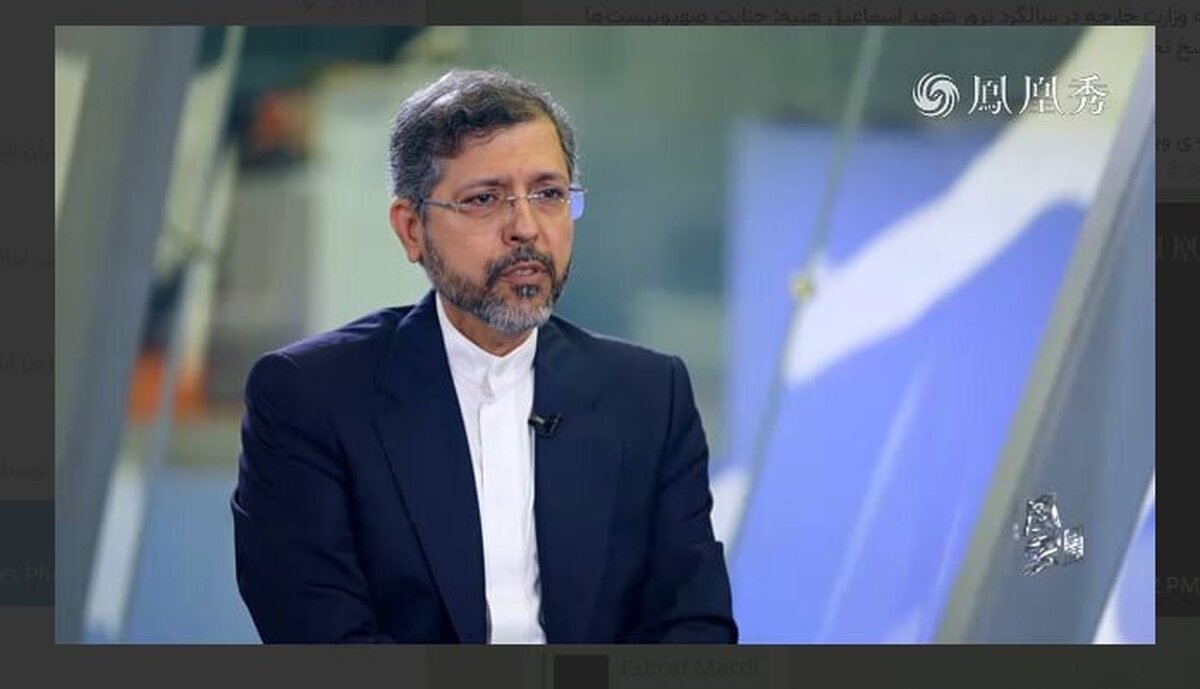
Expert: Europe Unable to Challenge US Sanctions on Iran
EghtesadOnline: Europe is not able to push back against the United States because the American and European economies are closely intertwined, says a political analyst, who argues that Iran should expand ties with Russia, China and regional countries in light of the expected failure of INSTEX.
"Over a year has passed since the US exit from the Iran nuclear deal, but we have only seen Europe's repeated promises to support Iran and save the agreement. However, the reality is that Europe is not capable of taking any practical measures and standing against the United States," Abbasali Mansouri Arani told Mehr News Agency.
The 2015 deal, under which many international sanctions against Iran were relaxed in exchange for Tehran curbing its nuclear program, has teetered on the brink of collapse since US President Donald Trump pulled out of it in May last year.
The European signatories—Britain, France and Germany—have set up the Instrument in Support of Trade Exchanges or INSTEX as a trade conduit with Iran that aims to avoid direct financial transfers by offsetting balances between importers and exporters on the European side, Financial Tribune reported.
However, the political analyst believes that the special financial mechanism will fail to protect Iran's economy due to Europe's "heavy economic reliance" on the United States.
Mansouri, an expert on international affairs, said American threats of sanctioning European firms dealing with Iran scare off most European entities interested in working with Iran.
If the mechanism goes ahead, it would deal only in products such as pharmaceuticals and foods, which are not subject to US sanctions. Iranian officials have repeatedly said INSTEX must include oil sales or provide substantial credit facilities for it to be beneficial.
Fate of INSTEX
The analyst wondered how the INSTEX mechanism could work when its designated head has resigned.
Bernd Erbel, a 72-year-old former German ambassador in Tehran, recently told the Foreign Ministry in Berlin that he would not be available to take over the role as INSTEX chief for "personal reasons", Reuters reported, citing a ministry spokeswoman.
Erbel's decision followed a report in the German tabloid Bild that drew attention to a YouTube interview in which Erbel voiced criticism of Israel and its role in the Middle East and showed understanding for Iran's development of a ballistic missile program.
Mansouri said the nuclear agreement and cooperation with Iran are important to European governments, but they are not willing to pay the price of defying Washington.
"They have only issued political statements in support of Iran … but such an approach does not fulfill Iran's demands."
He noted that strengthening ties with Russia, China and Middle East countries can help serve Iran's interests.
"One of the best options available is to establish closer links with Russia, China and regional countries, particularly Persian Gulf states," he said, adding that intensified efforts by Iranian diplomats are required to achieve this goal.
"Today, the United States and its lackeys in the region are sparing no efforts to weaken and isolate Iran in all areas. In other words, one of their plans is to shift the balance of power against the Islamic Republic, which means the diplomatic apparatus bears a heavier responsibility at this juncture."


